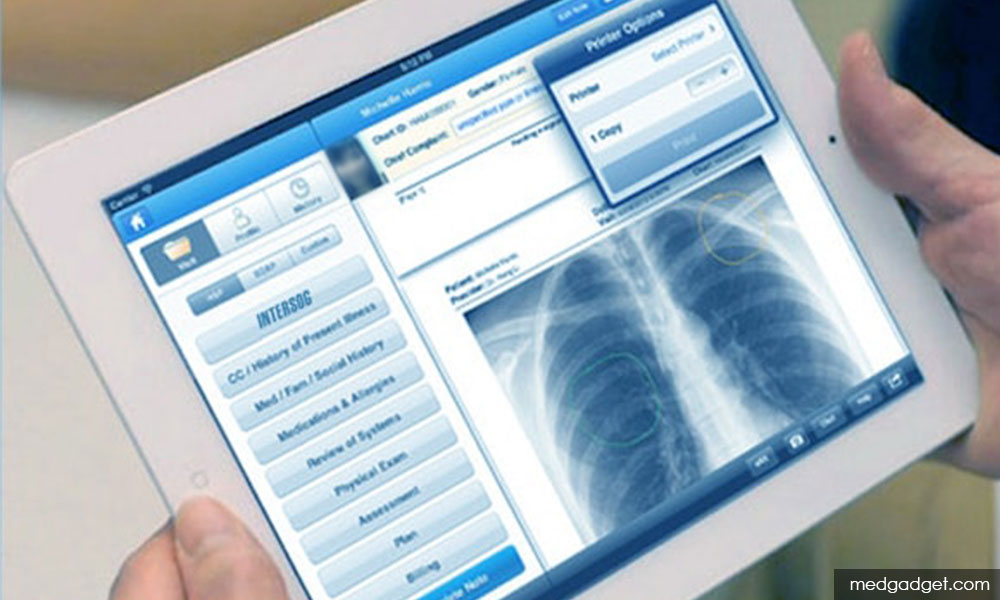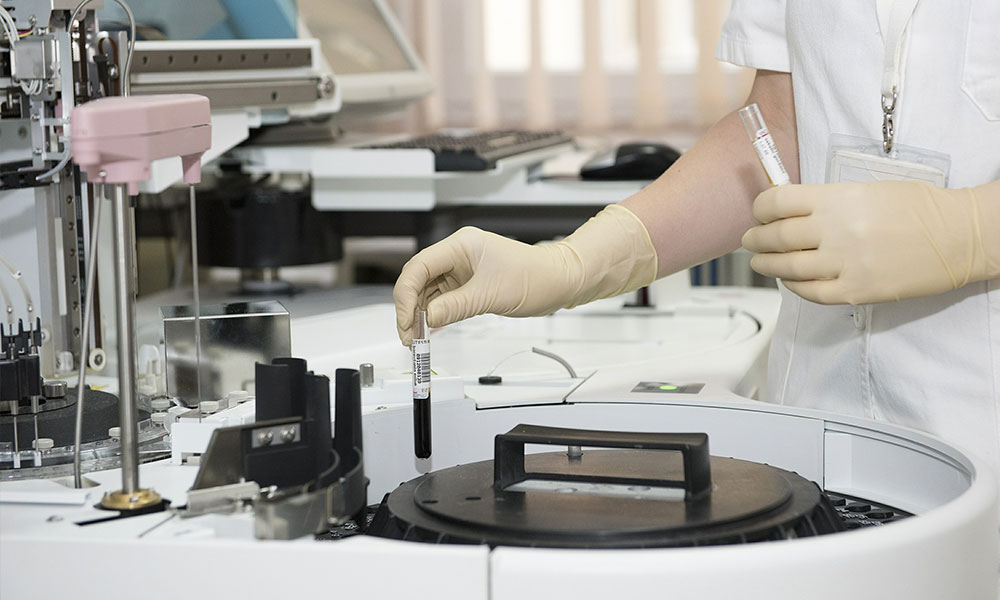Malaysia’s innovation prowess, flanked by a well-established infrastructure, in the medical devices sector has caught the eye of international importers.
Besides asserting itself in world markets, Malaysia can also become a regional distribution hub of Southeast Asia.
“Many US and European buyers are impressed by the growing level of innovation that characterises Malaysian medical devices.
“The country has made good progress the medical devices sector … from a producer of medical gloves, Malaysia has graduated to become a supplier of many complex solutions manifested in the wide range of products that are used for medical treatment,” says Nicholas Burke, a US buyer who frequently visits a number of Asian countries to source medical devices, and believes Malaysian products, noted for good quality standards and post-sales service, offer “value for slightly higher prices”.
Burke, who frequently visits international trade fairs, including the Interphema in New York and Medica in Dusseldorf, Germany, contended that Malaysia’s growing strength in the medical devices sector can be sustained if it continued to focus on quality and innovation.
This view was also expressed by other buyers at the recent Medica trade fair of Dusseldorf, the world’s largest event for medical devices, equipment and services.
The recent Medica, the world’s largest event for medical devices, equipment and services, and held jointly with Compamed, the “sister event” for medical technology, had attracted an all-time high participation by 42 Malaysian exhibitors, 10 of whom showcased products under the aegis of the Malaysian External Trade Development Corporation (Matrade) while the remaining had come on their own.
According to the Malaysia Investment Development Authority (Mida), Malaysia has identified medical devices manufacturing as one of the two priority industries, the other being aerospace, which will prominently put the country on the world’s industrial map.
Abu Bakar Yusof, the Kuala Lumpur-based Matrade director for lifestyle and life sciences, whom Bernama interviewed at Medica Dusseldorf, had spoken of Malaysia’s “big strides” in non-glove product categories such as catheters, syringes, needles, medical instruments, appliances, etc.
According to Abu Bakar, global exports of Malaysia’s medical devices amounted to RM19.78 billion in 2017. “The 2017 exports jumped 25 per cent over the previous year. Also, during the first nine months of 2018, our exports increased by 14.7 per cent to RM16.70 billion over the year-earlier period,” he noted, adding that Malaysia’s strength lay in medical consumable industries, and its R&D prowess was good.
Malaysia could take advantage of its medical infrastructure to promote itself as a medical tourism destination. Malaysia’s government has allocated a sum of RM20 million in the latest budget for promoting medical tourism.
Meanwhile, a quiet digitalisation revolution is sweeping through the healthcare industry of many countries which are technologically upgrading their medical facilities.
A study, commissioned by the trade fair organiser Messe Dusseldorf and the industry association Spectaris, and carried out by the management consultancy Roland Berger, underscores the importance of digitalisation for any industry wanting to compete and assert itself in the fiercely-competitive global environment.
Indeed, a Star-Up Park at the Medica fair displayed a wide range of innovations that included a smartphone ophthalmoscope to examine retinas and eyes, which consists of a camera adapter and an app; a novel procedure for diagnosing skin cancer (which also consists of a smartphone app), a compact digital stethoscope, etc.
That Malaysia is making inroads into the world markets was illustrated by the exceptional success achieved by some Malaysian exhibitors at Medica.
One such company was Selangor-based Welford Manufacturing (M) Sdn Bhd, which manufactures infusion therapy devices such as safety intravenous sets, catheters and other infusion therapy accessories. Welford bagged a huge order for its products from a United Kingdom-based buyer.
“We have signed an agreement with our UK customer for our ‘Airguard’ brand products for a five-year period commencing 2019. This is actually an extended agreement, meaning that our products can now be sold in Poland by our UK distributor. This agreement’s total value is around RM33.3 million for a five-year period,” Wong Wen Wvei, Welford’s director confirmed in an interview during the Medica fair.
“Our ‘Airguard’ products are popular because of their good quality and we sold some 150,000 units in 2015. Our sales volume increased, with 2.4 million units sold until October 2018,” he claimed.
Star Medik of Negeri Sembilan also saw good sales. Its deputy chief executive officer/managing director, Johari Abu Kasim, who highlighted the company’s spray “Qure 10” and other products such as disposable pre-filled bubble humidifier, clinical hyperbaric oxygen therapy centre, etc, said that he had seen “good business” during the fair.
“Our preventive treatment helps diabetic patients avert the amputation of limbs,” said Johari, adding that he had received orders, besides enquiries, at the fair.
“… this is quite unusual because business usually comes after rounds of negotiations.”
– Bernama



